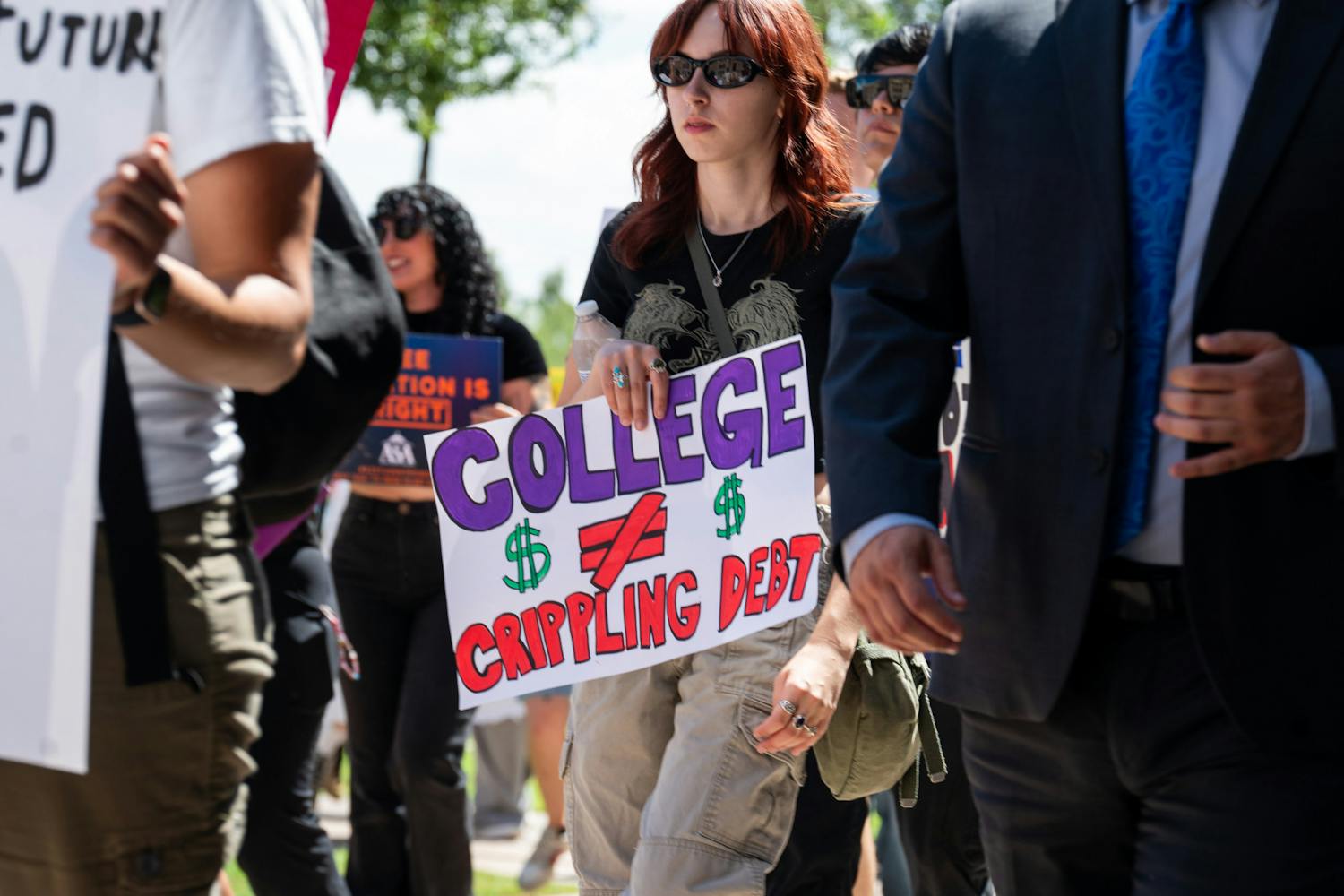While the actions of the Russian military in ending the two-day siege of a Moscow theater are questionable, it's obvious why the White House has refused to offer any criticism on the matter.
Always on the lookout for ways of securing more support for his iron-fisted approach to the war on terrorism, President Bush cannot afford to seem hypocritical by censuring Russia for its decision to deploy gas in an effort to disarm the Chechen rebels. That might detract from his efforts to convince the world that such unpopular tactics are a necessary evil.
Speaking to the media onboard Air Force One on Monday, Ari Fleischer, the White House press secretary, stuck true to his single-minded rhetoric in stating, "The President feels very strongly that the people to blame here are the terrorists; the people who caused this tragedy to take place are terrorists who took hostages and endangered the lives of others."
Although Fleischer's statement is correct in regards to where blame should be placed, it is a very simplistic view of an event that is by no means all black and white. The unfortunate fact remains that of the 118 deaths, 116 were not killed by their captors, but by their rescuers' carelessness in utilizing a gas that, thus far, they have yet to even identify publicly.
In fact, they have reportedly been tight-lipped with medical officials and the doctors treating hospitalized victims as well. For that, the Russian military certainly deserves its share of the blame.
Rather than take a clear stance and defend the Russian military on the basis of pragmatism, the White House has chosen instead to take no official position other than, "taking hostages has a tendency to end badly."
If Russia's irresponsibility and lapse of sound judgment are troubling, then the Bush administration's refusal to acknowledge them as such solely for the sake of reinforcing its position is deplorable, but not wholly unexpected.
Three days prior to looking the other way from Russia's solution to the hostage situation, American diplomats were pressuring Russian and French delegates in the U.N. to abandon their proposals for dealing with Iraqi weapons inspections and adopt the resolution put forth by the United States.
During negotiations of the 15-member Security Council, Russia had been a staunch opponent of language concerning military action in Iraq. Therefore, it is not at all surprising that U.S. officials would refrain from condemning Russian military tactics in resolving last weekend's troubles with Chechen rebels. It comes off as a not so subtle attempt to win their favor. And judging by Russian President Vladimir Putin's comments on Monday, the effort might not have gone unnoticed.
In the course of his speech to the Russian cabinet on Monday, Putin echoed nearly verbatim the position President Bush has taken since the events of Sept. 11, 2001, saying that Russia was now prepared to jump on board with the idea of striking at countries harboring terrorists.
When all is said and done, the tragedy that unfolded in Moscow will doubtlessly serve as proof to gung-ho Bush supporters in Washington that terrorism is, as they have been saying for so long, a global concern that needs to be attacked head-on, regardless of the cost in money or lives.
And in declining to comment on the fault of Russian military forces for their indiscretion, they have made it clear that they will be unapologetic for any deaths resulting from overzealous and ill-conceived methods used to combat or prevent such conflicts in the future. It isn't their fault because blame always lies with the terrorists.
Scott Phillips is a journalism junior. Reach him at robert.phillips2@asu.edu.




